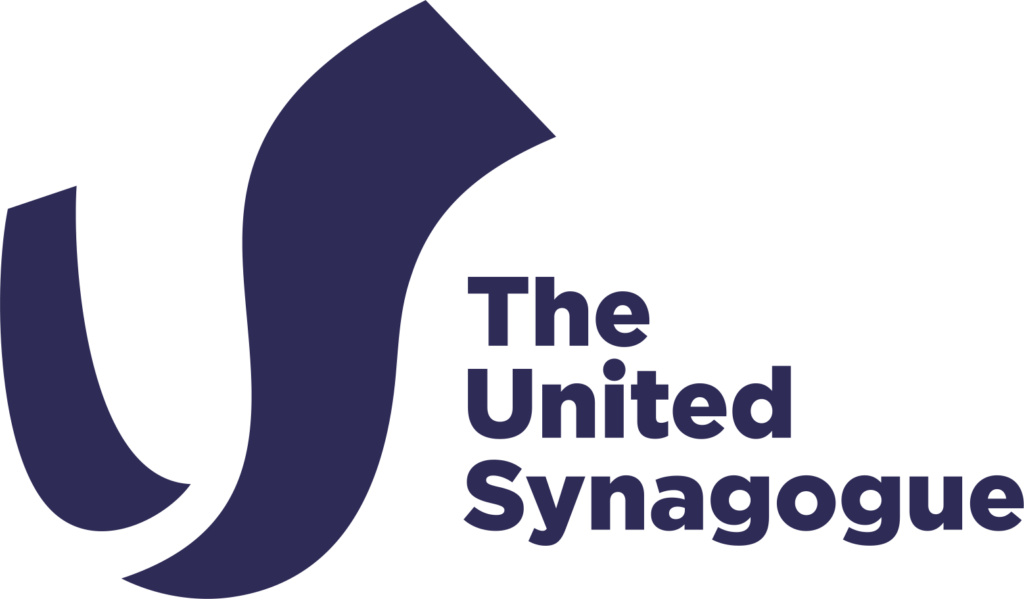The Fast of Tammuz[1] (Hebrew: Shiv’ah Asar b’Tammuz, 17TH Tammuz) is a Jewish fast day primarily commemorating the breach of the walls of Jerusalem before the destruction of the Second Temple in 70CE. It falls on the 17th day of the Hebrew month of Tammuz, unless that date falls on Shabbat in a given year when it is deferred to Sunday.
It marks the beginning of the three-week mourning period leading up to Tisha B’Av, the fast of 9 Av. Like other minor fasts (i.e not Yom Kippur or Tisha B’Av) this fast begins at dawn (first light) and ends at nightfall (full dark).
Other significant events in Jewish history associated with 17 Tammuz include:
- Moses breaking the tablets at Mount Sinai
- The cessation, due to siege, of the supply of animals for offerings prior to the destruction of the First Temple
- The placing of an idol in the Temple and burning of Torah scrolls by Roman soldiers
- Attacks on Jewish communities in Toleda and Prague as well as the liquidation of the Kovno Ghetto
Times
The Fast of 17 Tammuz is observed from dawn to nightfall. You can see the exact times on our Shabbat, Festival and Fast times page.
Practices
We abstain from food and drink during this fast as well as from celebrating joyous occasions. Not eating or drinking demonstrates the seriousness of the day. It also helps us to ‘feel’ some of the tragedy which the day represents and to reflect on its lessons, physically not just intellectually.
As 17 Tammuz is one of the ‘minor fasts’, those who need to eat or drink for medical reasons can do so. This also includes pregnant and nursing mothers. If you have any questions about fasting, please consult your doctor and rabbi. Those who do need to eat on 17 Tammuz should stick to simple meals, as long as their condition permits this.
We recite the fast day prayers as found in the siddur, which set out the history and meanings of the day.
We also recommend reading books or watching films about Jerusalem and relevant elements of Jewish history to deepen understanding of this fast.
This fast is also the beginning of ‘The Three Weeks’.
[1] See The Book of our Heritage by Eliyahu Kitov, vol.3, chapters six and seven as well Talmud Bavli Taanit 28b and Rabbi Shimon Eider’s Halachos of the Three Weeks. They form the basis of this article.

